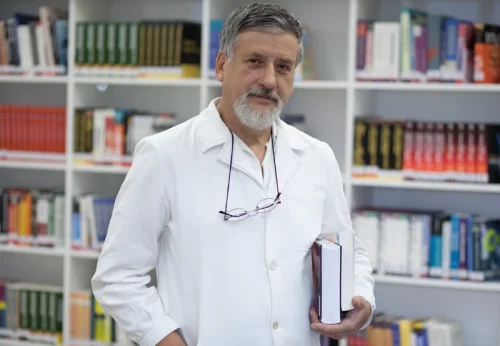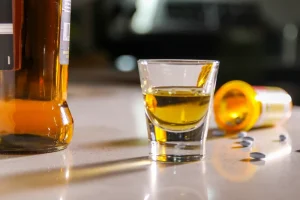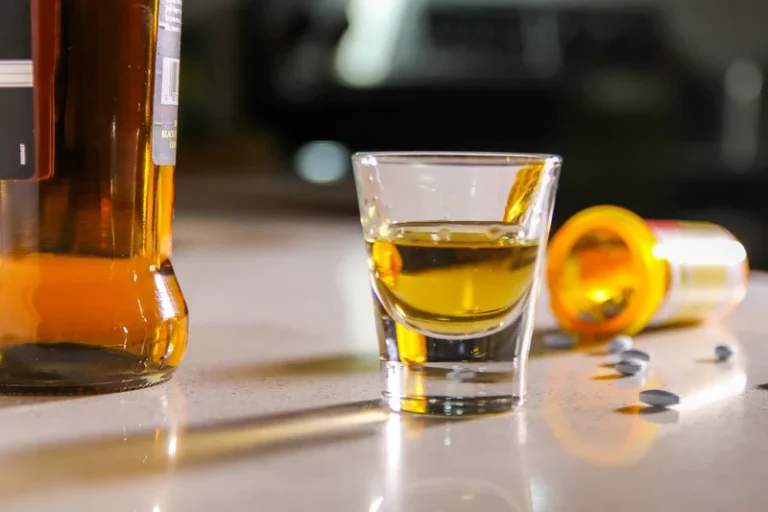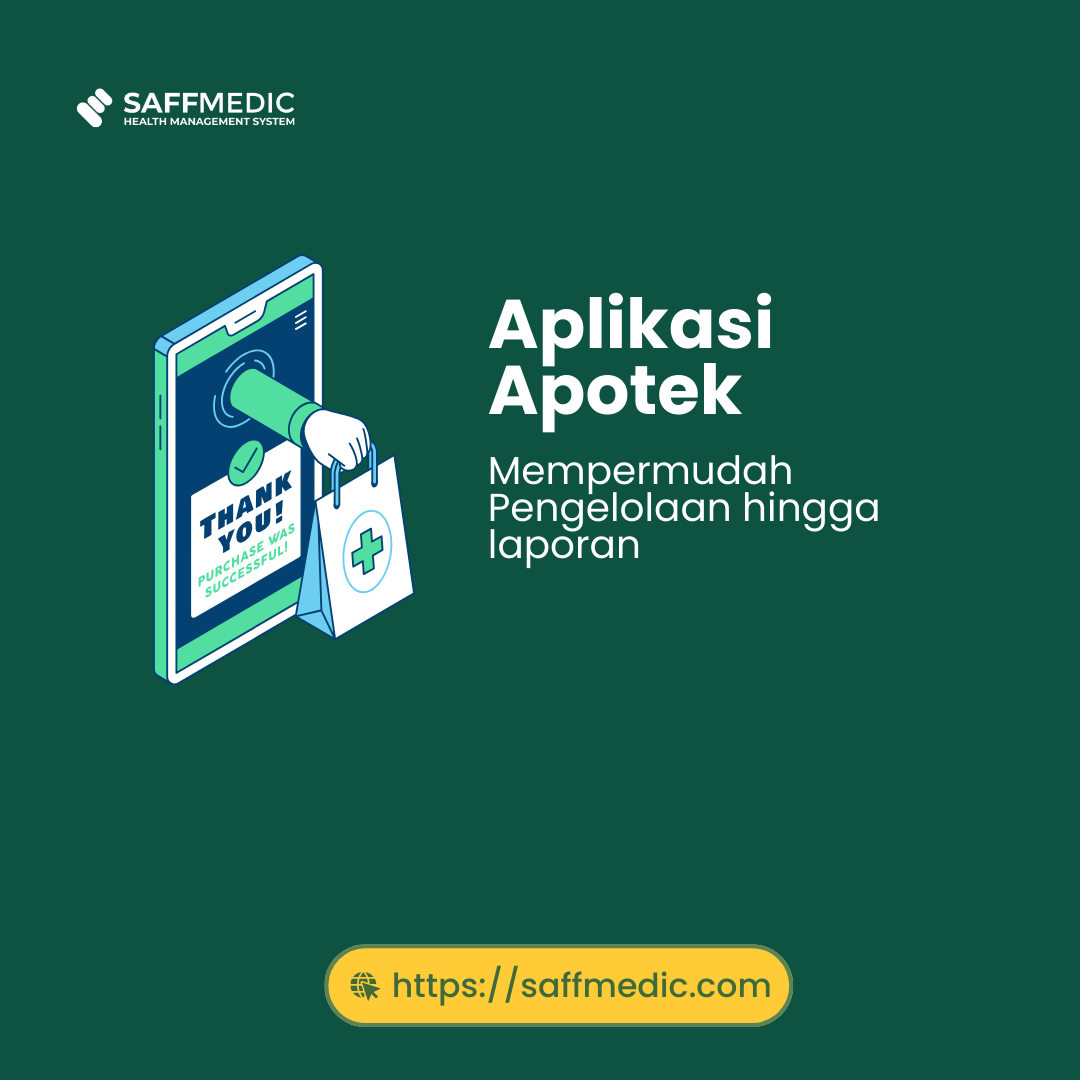What Happens When Alcoholics Relapse?
Daftar Isi

While relapse is sometimes expected, it should still be taken seriously. Good treatment programs have relapse prevention as part of their recovery process. This may vary from person to person and be influenced by things such as extent and length of use. Talking openly about a Sober living house lapse or relapse with a care team can help you develop and strengthen your relapse prevention plan and identify how to get back on track with your recovery goals. It can begin with an emotional relapse, followed by mental and then physical relapses.
Proven Cognitive Therapy Techniques

If you are worried about a relapse, there’s a medication, called naloxone, that you can keep handy. If you start to overdose, naloxone can reverse an opioid overdose when someone gives it to you in time. Make sure the people closest to you know where to find it and how to use it. Avoidance is an excellent coping strategy if you know that you are likely to run into danger. Of course, that requires understanding what your triggers are.
- It’s vital to approach this situation with self-compassion and understanding.
- The community can help notice behavioral changes, sometimes before the individual does.
- Drug rehab programs provide a structured environment and various therapies to help individuals overcome substance abuse and achieve long-term recovery.
- It reflects the difficulty of resisting a return to substance use in response to what may be intense cravings but before new coping strategies have been learned and new routines have been established.
The Financial Aspects of Alcohol Rehabilitation: Understanding Costs and Payment Options

Attending or resuming attending meetings of some form of mutual support group can be extremely valuable immediately after a lapse or relapse. Discussing the relapse can yield valuable advice on how to continue recovery without succumbing to the counterproductive feelings of shame or self-pity. Possible substitutes can be designated in advance, made readily available, listed in a relapse prevention plan, and swiftly summoned when the need arises. Therapy is extremely helpful; CBT (cognitive behavioral therapy) is very specifically designed to uncover and challenge the kinds of negative feelings and beliefs that can undermine recovery. By providing the company of others and flesh-and-blood examples of those who have recovered despite relapsing, support groups also help diminish negative self-feelings, which tend to fester in isolation. Helping people understand whether emotional pain or some other unacknowledged problem is the cause of addition is the province of psychotherapy and a primary reason why it is considered so important in recovery.
How do peer networks aid in preventing relapse?
The first thing you should do after recognizing that relapse has occurred is find safety. That may mean calling 911 if you think an overdose is possible. If you don’t think 911 is necessary, contact a sponsor, therapist or loved one you trust who can get you help. This is where a journey to better health begins; primary care includes routine examinations, general health advice, and early detection of potential problems.
What Are the Common Causes of Alcohol Relapse?

Discover the truth about alcohol recovery rates, treatment options, and the factors influencing success. Discover the traits and dangers of an addictive personality and learn the crucial steps towards recovery. Navigate alcohol withdrawal symptoms effectively with our comprehensive guide on management and care. Explore alcoholism-induced vertigo, its symptoms, long-term impact, and the path to recovery.
Sometimes nothing was going on—boredom can be a significant trigger of relapse. Such reflection helps you understand your vulnerabilities—different for every person. Armed with such knowledge, you can develop a contingency plan to help you avoid or cope with such situations in the future. Many people seeking to recover from addiction are eager to prove they have control of their life and set off on their own. Studies show that social support boosts the chances of success. Help can come in an array of forms—asking for more support from family members and friends, from peers or from others who are further along in the recovery process.
Early Warning Signs of Alcoholism in a Loved One

Discover why an inpatient drug rehabilitation center isn’t always the answer; explore what to do after a relapse alternatives for recovery. Discover what is Dilaudid addiction, its dangers, signs, and effective treatment options. Dive into defining physiological dependence, its symptoms, management strategies, and the path to recovery.
- One such neurotransmitter, dopamine, reinforces the connection between drug use, pleasure, and any external triggers that remind the user of the substance.
- Using drugs or alcohol can seem like the easiest way to feel happy or normal.
- Discover the truth about alcohol recovery rates, treatment options, and the factors influencing success.
- For adults seeking support, the keyword "WELLNESS" can be texted.
- There are lots of things that can trigger a relapse, and what it is will depend on your own experiences.
- We are committed to healing everyone who enters our doors from the inside out.
- A lot of people find it is just easier to not drink alcohol or use drugs at all.
- Developing coping mechanisms and adopting healthy strategies to manage stress, triggers, and cravings plays a crucial role in preventing relapses and maintaining long-term recovery.
- Opening up about a relapse to someone you trust can be a powerful step towards recovery.
- Among the most important coping skills needed are strategies of distraction that can be quickly engaged when cravings occur.
Recommit to your self-care plan, especially activities that eased stress and other emotional triggers. If you start to think of yourself as a failure, you're more likely to move into the next stage of relapse. If you can recognize the warning signs of each stage, you can take action to avoid a relapse. Many people think preventing a relapse means just saying "no" to a drink. But by the time you’re looking at a can of beer or a bottle of liquor, you’re in the last and most difficult stage of a relapse. It is also important to find ways to deal with stress that don't involve relying on alcohol, substances, or harmful behaviors.
How to Help Someone with Gambling Addiction
In treatment, patients learn to identify any high-risk situations and the warning signs of relapse, and create relapse prevention plans they can apply to dangerous situations, triggers and other life stressors. Patients are also taught the disease model of addiction, which states that addiction is both chronic and progressive. In other words, it's a lifetime diagnosis, so patients have to carefully maintain their recovery using different coping skills, support networks and self-care routines.
8
Artikel Lainnya
Bagikan :



